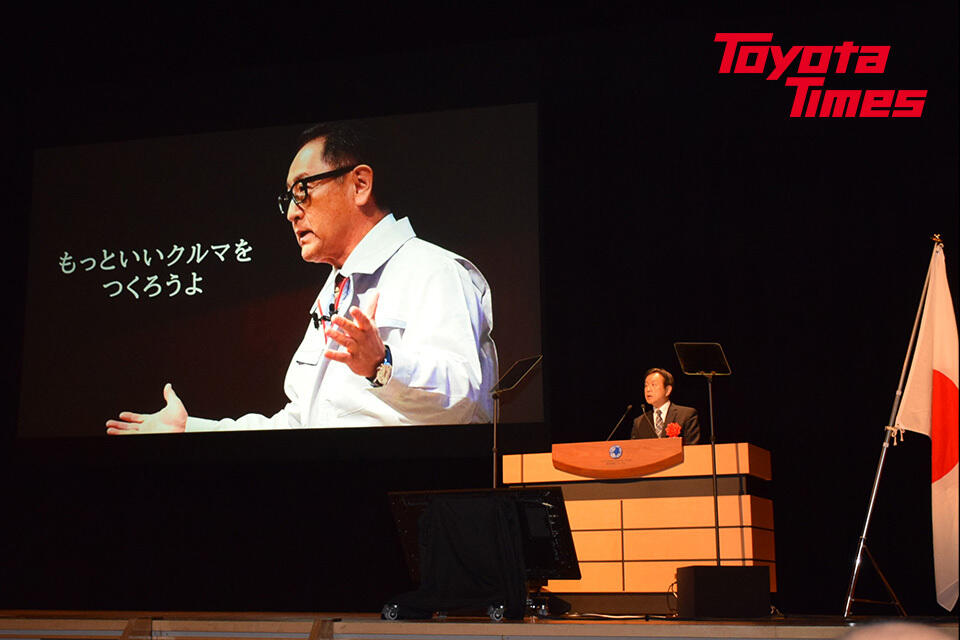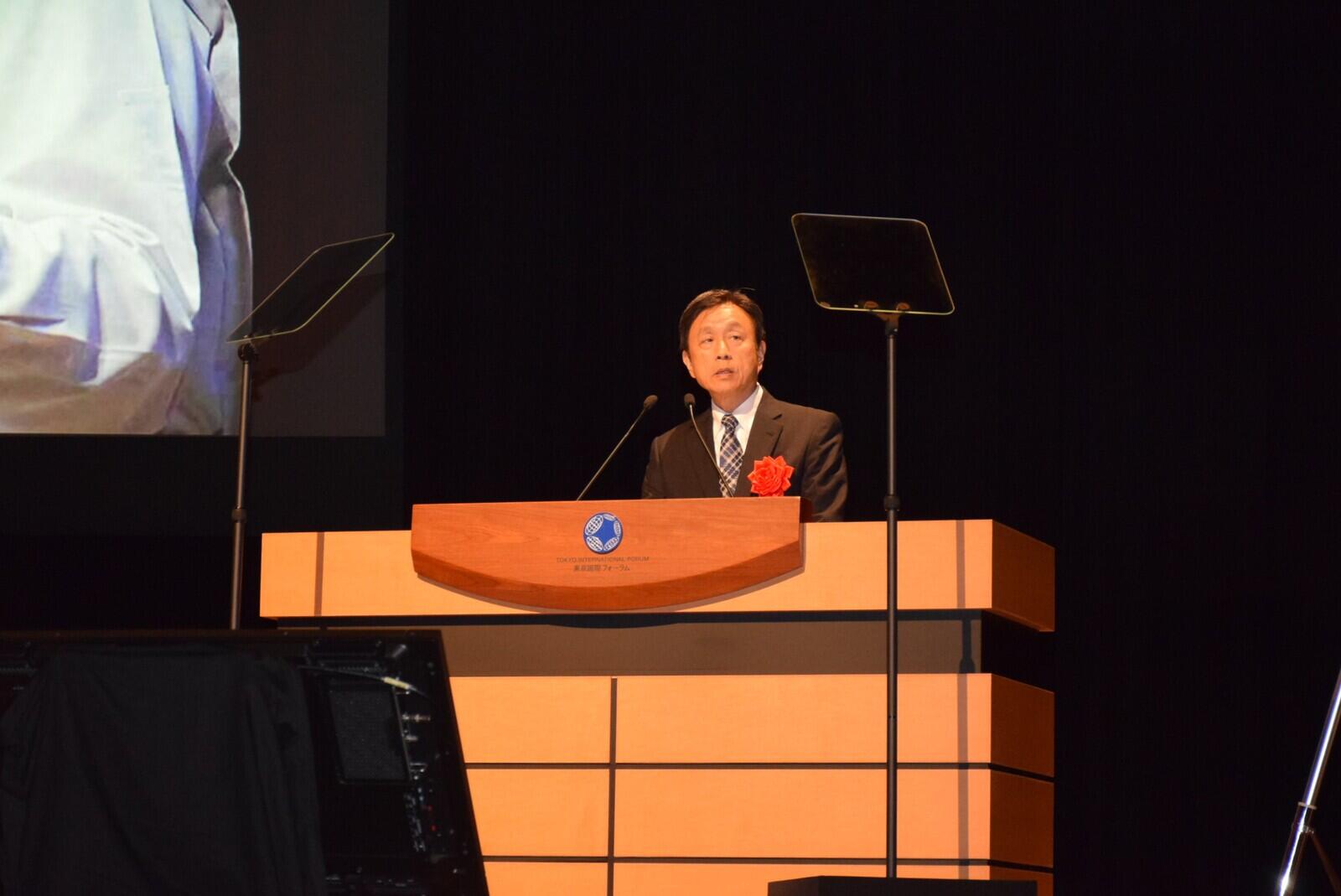
Offender rehabilitation in Japan has flourished through the altruistic spirit and humanity of volunteers. In a speech commemorating the system's 75th anniversary, Toyota Vice Chairman Shigeru Hayakawa recounted how Akio Toyoda transformed the company by "getting people to engage with each other."

The role of hogoshi
It’s likely that few of our readers are familiar with the word hogoshi.
Also known as Volunteer Probation Officers (VPOs), these civilian volunteers support the rehabilitation of offenders—individuals who have committed crimes or engaged in misconduct—helping them to become self-reliant and regain their good standing in society.
In Japan, offender rehabilitation has roots in charitable programs for ex-prisoners in the Meiji era, although the framework for the current system was created in the postwar period.
Since then, the program has grown through the efforts of volunteers driven by a spirit of altruism and love for their fellow human beings.
Unlike in many Western countries, where the rehabilitation process is directed entirely by professional probation officers and other specialist roles, in Japan this task is handled chiefly by hogoshi volunteers.
For the individuals trying to get back on their feet after criminal behavior or wrongdoing, the hogoshi become like family, committed to the long-term process of reintegrating into society.
The system has even attracted international attention as a unique example of public-private collaboration, helping to create a safe, peaceful society in which no one is left behind.
In recent years, however, sustainability has become a critical issue, as hogoshi age and fewer young people take on the role. As of January 1 this year, 78.3% of VPOs were aged 60 or older.
Against this backdrop, a national convention was held on October 2 in Tokyo to commemorate 75 years of the hogoshi system, with Toyota Vice Chairman Shigeru Hayakawa invited to speak.

The event was organized by the Ministry of Justice Rehabilitation Bureau, whose Director-General, Hisato Oshikiri, gave the following reason for calling on Toyota.
“Toyota Motor Corporation has a deep connection with offender rehabilitation. After the company was established in 1937, several executives served on the judicial probation committee and as hogoshi. Later, Shoichiro Toyoda chaired the Japan Rehabilitation Aid Association, and today the Toyota Group continues to generously support rehabilitation efforts around Japan, not least in Aichi Prefecture. Toyota’s philosophy and activities seem to share common threads with those behind offender rehabilitation.
“With ‘sustainable development’ becoming a buzzword across all kinds of industries and fields, I am sure this will prove an invaluable opportunity, offering many important insights for the future of our rehabilitation system.”
Vice Chairman Hayakawa’s speech was entitled “Akio Toyoda’s challenge: The fight to restore the essence of Toyota.” Here, we share the message he delivered to those dedicated to engaging with others, person to person, through the rehabilitation process.

